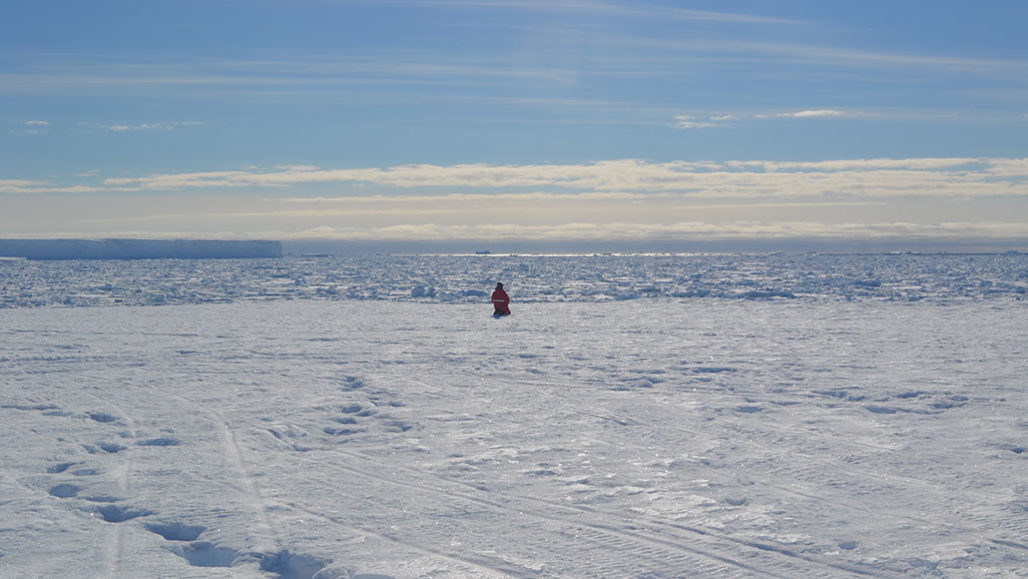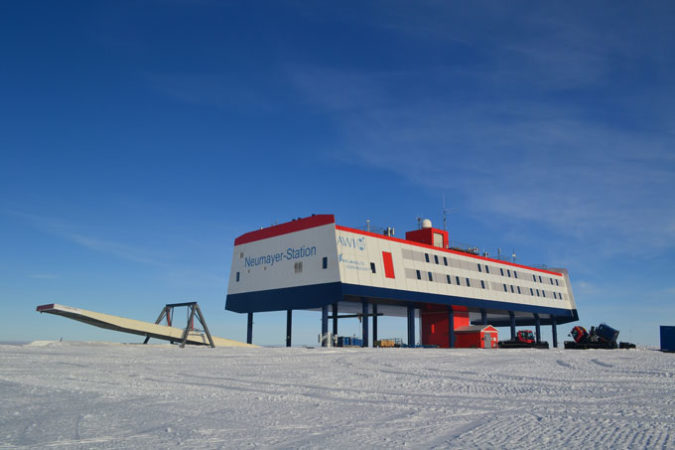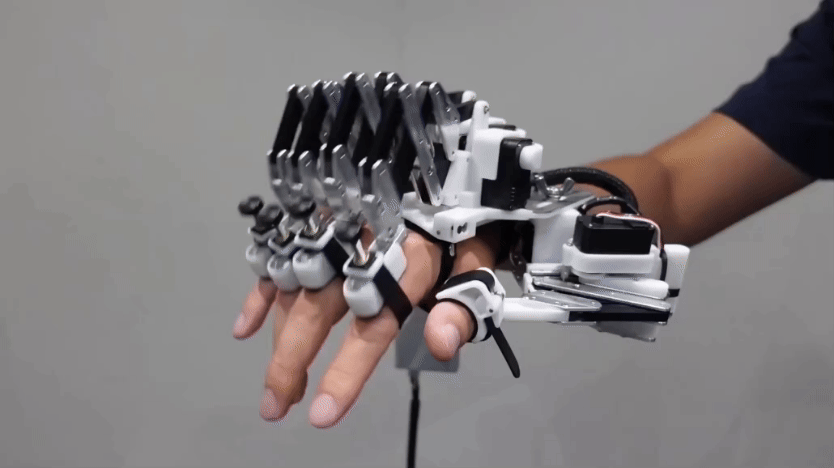average: (in science) A term for the arithmetic mean, which is the sum of a group of numbers that is then divided by the size of the group.
colleague: Someone who works with another; a co-worker or team member.
environment: The sum of all of the things that exist around some organism or the process and the condition those things create. Environment may refer to the weather and ecosystem in which some animal lives, or, perhaps, the temperature and humidity (or even the placement of things in the vicinity of an item of interest).
hippocampus: (pl. hippocampi) A seahorse-shaped region of the brain. It is thought to be the center of emotion, memory and the involuntary nervous system.
journal: (in science) A publication in which scientists share their research findings with experts (and sometimes even the public). Some journals publish papers from all fields of science, technology, engineering and math, while others are specific to a single subject.
online: (n.) On the internet. (adj.) A term for what can be found or accessed on the internet.
persistent: An adjective for something that is long-lasting.
physiologist: A scientist who studies the branch of biology that deals with how the bodies of healthy organisms function under normal circumstances.
social: (adj.) Relating to gatherings of people; a term for animals (or people) that prefer to exist in groups. (noun) A gathering of people, for instance those who belong to a club or other organization, for the purpose of enjoying each other’s company.
static: (in physics) An electronic signal that contains no information but does contain random fluctuations in intensity or wavelength.
stress: (in biology) A factor — such as unusual temperatures, movements, moisture or pollution — that affects the health of a species or ecosystem. (in psychology) A mental, physical, emotional or behavioral reaction to an event or circumstance (stressor) that disturbs a person or animal’s usual state of being or places increased demands on a person or animal; psychological stress can be either positive or negative.









